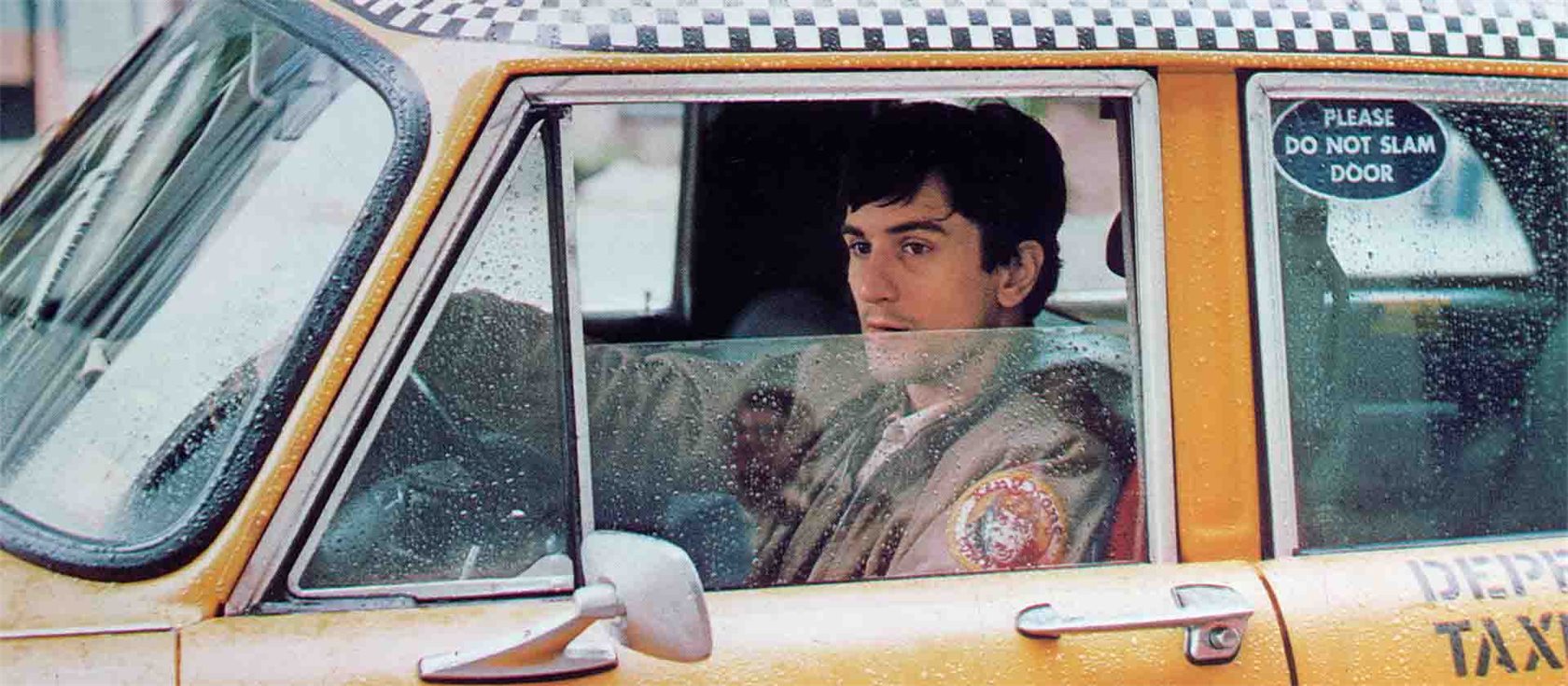Il Maestro! Hollywoods grand old man
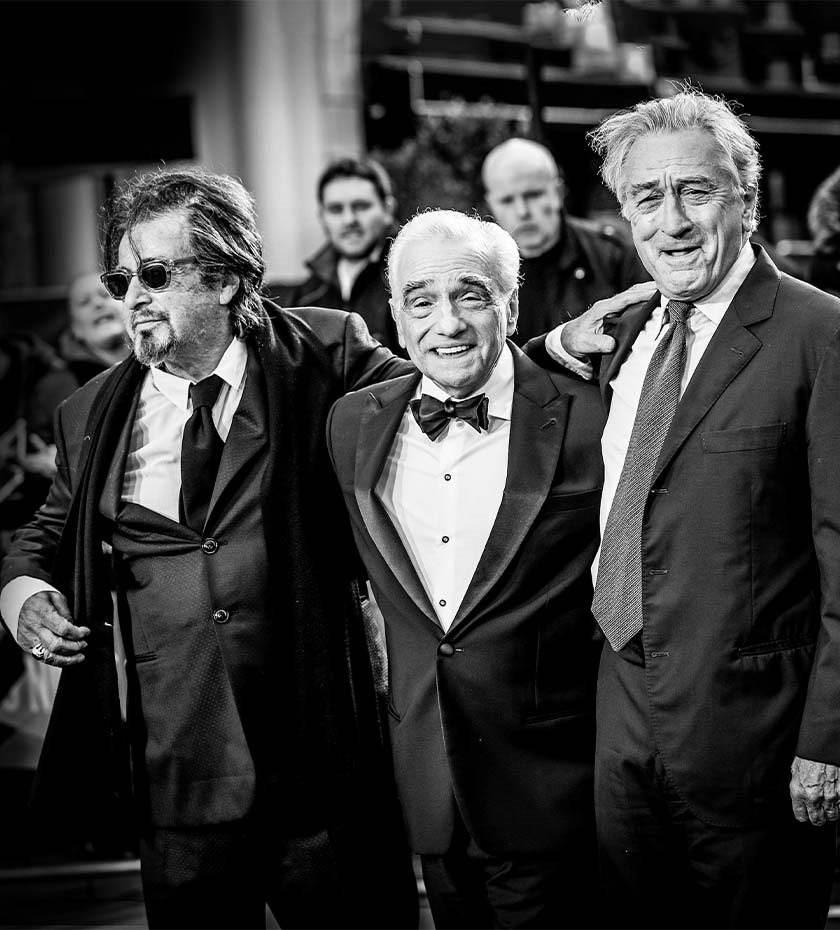
Martin Scorsese is simply one of the greatest film directors of our time. Perhaps the greatest. From his early successes like Taxi Driver (1976) to his latest feature film – Killers of the Flower Moon (2023) – he has managed to create both small and large masterpieces. A shining star behind the camera. With a unique ability to get his actors to deliver just the right emphasis in their lines, making them something special. Something worth remembering. Something that gave the films life and nerve. Like the iconic scene in Taxi Driver where Robert De Niro asks his own reflection, “Are you talking to me?”
It is these small moments in the 68 feature films that Martin Scorsese has directed that speak to us moviegoers. For even though we today watch films that are solely produced for streaming channels, his films are always grand in a cinematic sense. Lighting, color play, and sound are important parts of the overall experience – and elements that are crucial to the story Scorsese wants to tell.
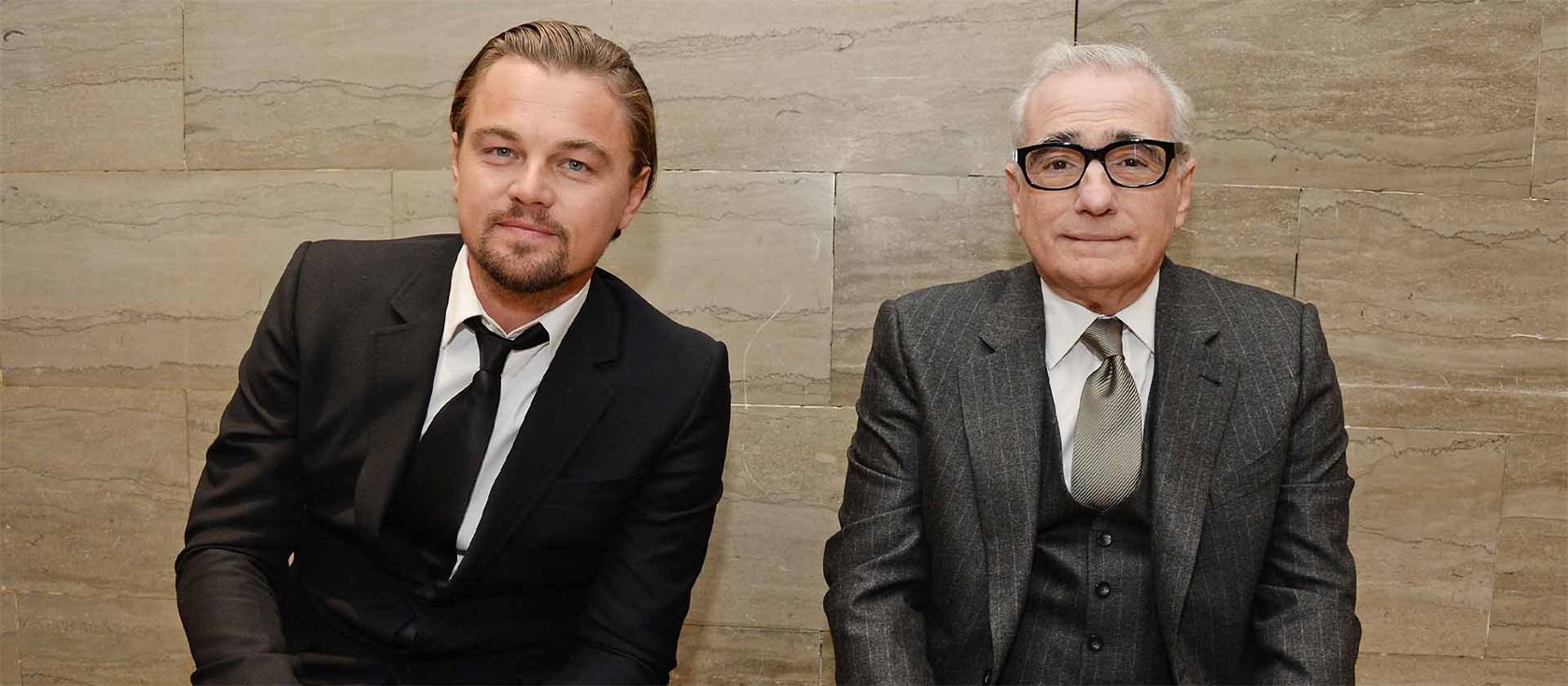
Not least because Martin Scorsese has throughout his career dealt with evil men. Or perhaps more accurately, cynics who operate within evil systems. In an interview with the newspaper Politiken in connection with the promotion of his latest film, he shared a bit about his background: “When I was younger, I thought I could tell any story, but I have ended up being drawn again and again to the same type of story. I believe it's simply the world I know. It was the world in New York that I grew up in. When I was 8, 9, 10 years old, I saw people from the underworld ruling the streets, but I just saw them as people. Those I lived among. It was only when I got older that I understood that their actions, what they were capable of doing, stood in stark contrast to good human values. The Catholic Church has been a big part of my life, and especially the priests I was in contact with gave me over time a more moral perspective and helped us boys find a balance in relation to life on the streets.”
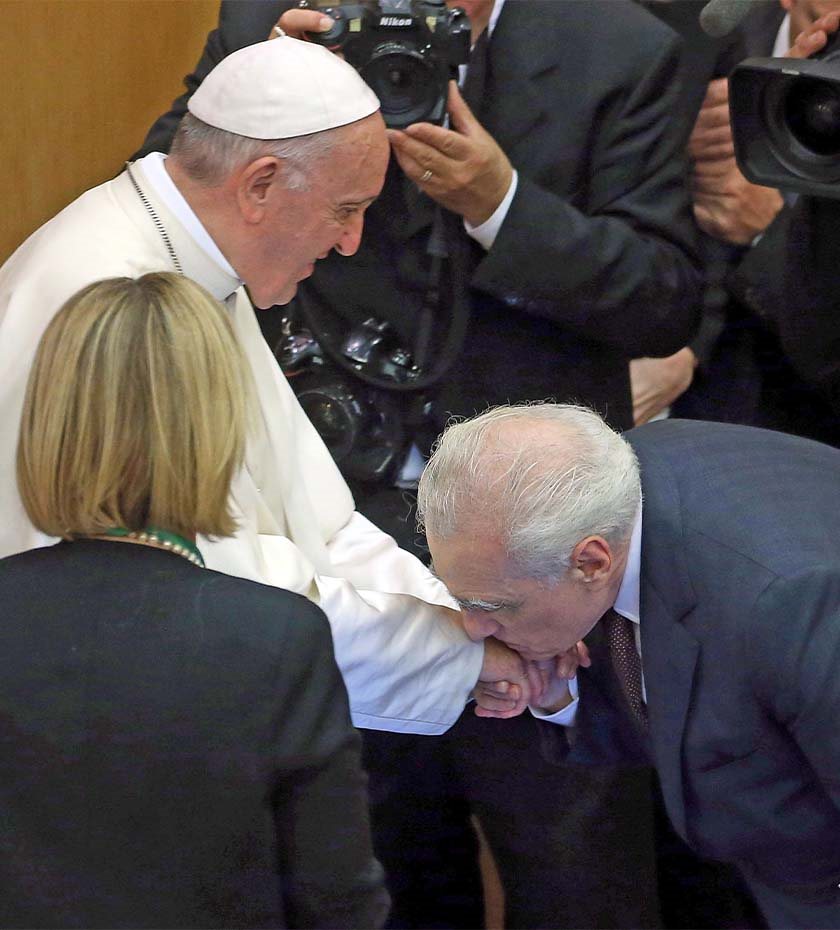
It is the contrast between good and evil that occupies Martin Scorsese. Or rather, he seeks answers to how deeply good human values truly run when we are seriously challenged. Can we hold on to what we believe in? Or will we act amorally?
This theme has occupied him for decades. From his feature film debut in 1967 with the film Who’s That Knocking at My Door? through Cape Fear (1991) to The Wolf of Wall Street (2013). Of course, there have been exceptions. Like when he created the film The Last Waltz in 1978 about one of the most iconic rock bands in the world: The Band. A documentary that has since been praised as the world's best concert film.
But it is the childhood experiences from the streets of New York that have truly left their mark on his films. He was born on November 17, 1942. He grew up on Manhattan in Little Italy. Both parents worked daily in New York's Garment District, which was the city's center for textile and fashion production. But they both nurtured a great passion for acting and were active amateur actors. Martin Scorsese himself suffered from asthma as a child, which kept him from playing sports with the other boys in the neighborhood. Instead, his parents and older brother often took him to the movies. This ignited a fire and a passion for the world of film.
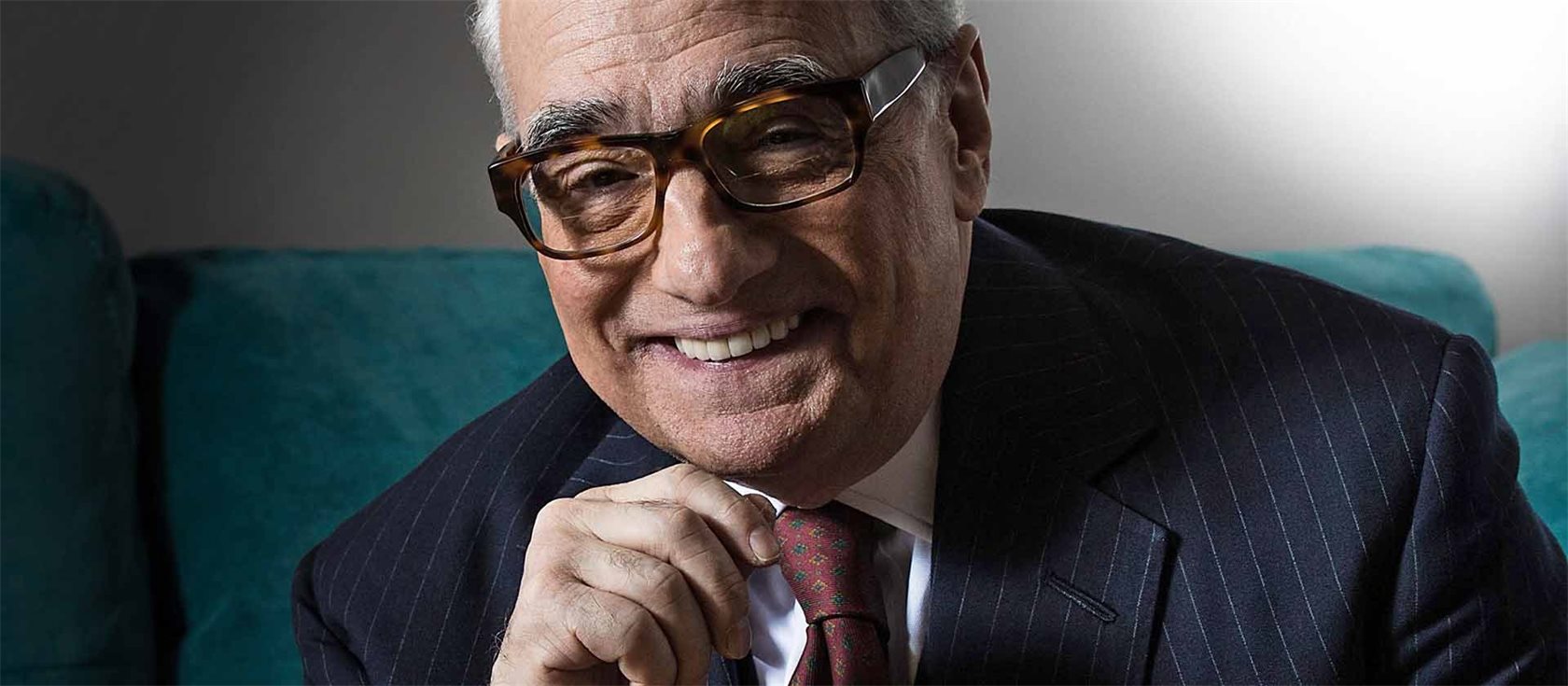
As he has often emphasized in interviews, his Italian roots and Catholic upbringing played an incredibly significant role in shaping his moral compass. In fact, so much so that after school, he dreamed of becoming a priest. But after just one year in seminary, he had to give it up. Instead, he ended up with a master's degree in English from the Steinhardt School of Culture, Education and Human Development – a department of New York University. This was in 1968, the year after his debut as a film director.
His first job was as a cameraman on a series of short films produced at New York University. A job that taught him a lot about the world of film. “Not least because we shot with 35 mm cameras,” he has said in an interview. But it was far from a great success. For as he said, he had great difficulty judging distances to keep the image sharply focused.
On the other hand, he had more success as an editing staff member at CBS News, which even offered him a permanent position. An offer he fortunately declined. For Scorsese was now all about creating great films. Early in his career, he created new films almost once a year. But it was Taxi Driver from 1976 that truly told the world that here was the next great director.
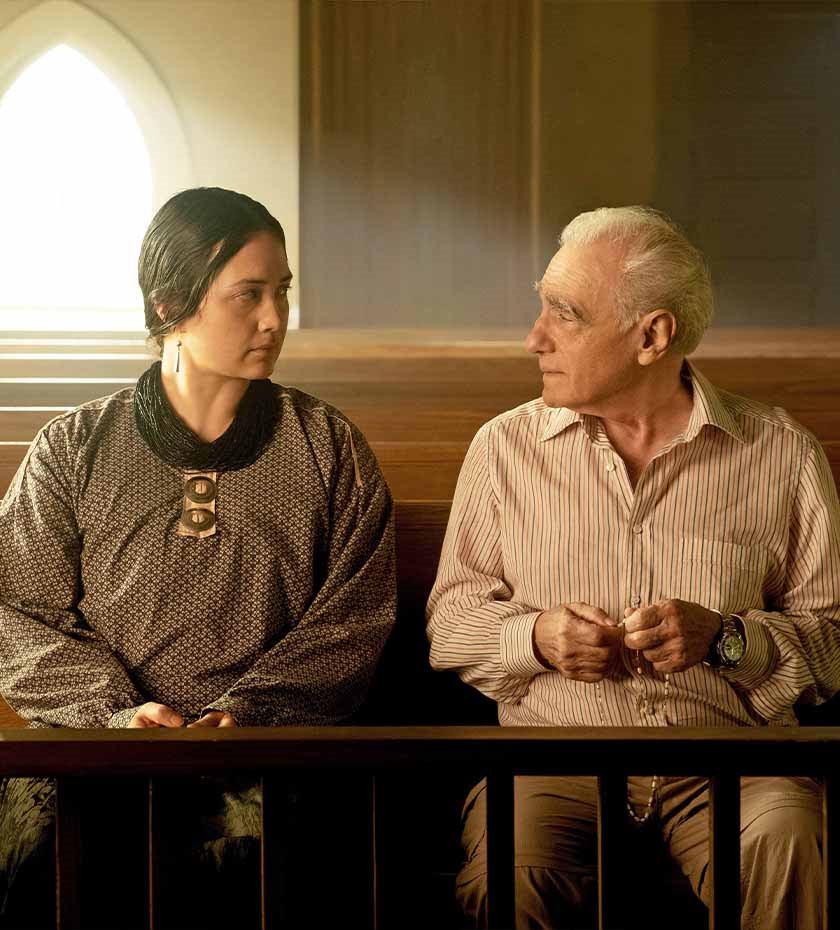
Not least because the film featured Robert De Niro and a young Jodie Foster in the lead roles. It is now considered one of the great classics. It was nominated for four Oscars, but did not win any. However, it did win the Palme d'Or at the Cannes Film Festival.
Since then, Scorsese's films have been nominated for an Oscar a total of 14 times. But he has only won once. That was for Best Director for the film The Departed (2006). A crime drama featuring Jack Nicholson, Matt Damon, and Leonardo DiCaprio in the cast.
But it was also an era that had its dark sides. Throughout the 70s, Scorsese developed a lack of faith in his own abilities and turned to extensive cocaine use. In fact, he believes it was his friend Robert De Niro who saved his career and perhaps his life. It was certainly he who encouraged Scorsese to quit cocaine and make the film Raging Bull (1980) about boxing legend Jake LaMotta. It became a masterpiece. And a film that earned De Niro an Oscar for Best Actor. The film is held in a striking black-and-white contrast style. Here, the art of cinema was taken to new heights through extensive use of slow motion, complex tracking shots, and extravagant distortion of perspective (for example, the sizes of the boxing rings changed from fight to fight).
It saved his career. And although the pace of film releases has slowed, he still has stories to tell. Despite being 81 years old. “I get physically more tired now, but I have five or six ideas for films that I want to make,” he told Politiken last year. Perhaps a western. A genre he has always dreamed of tackling.
